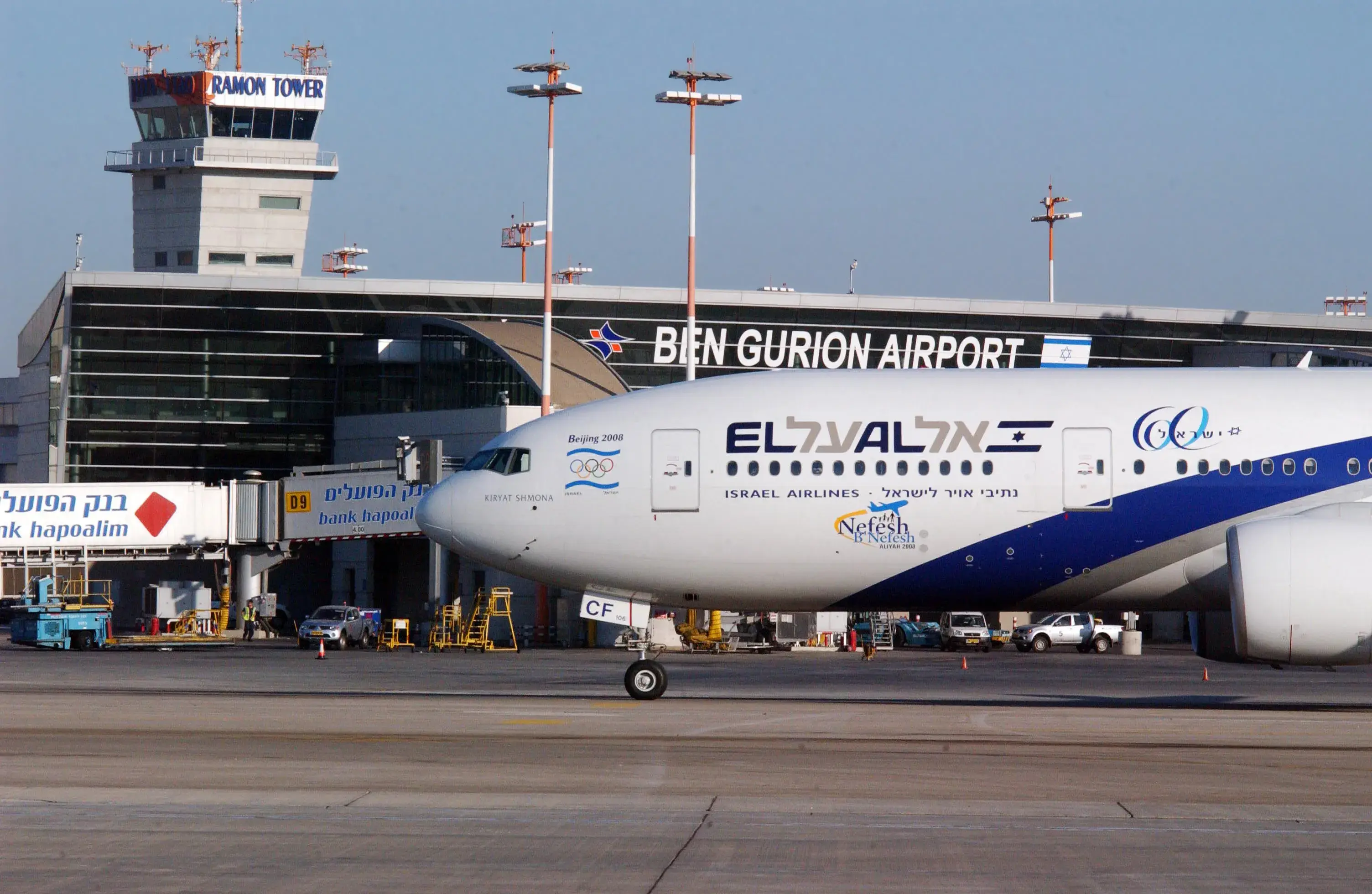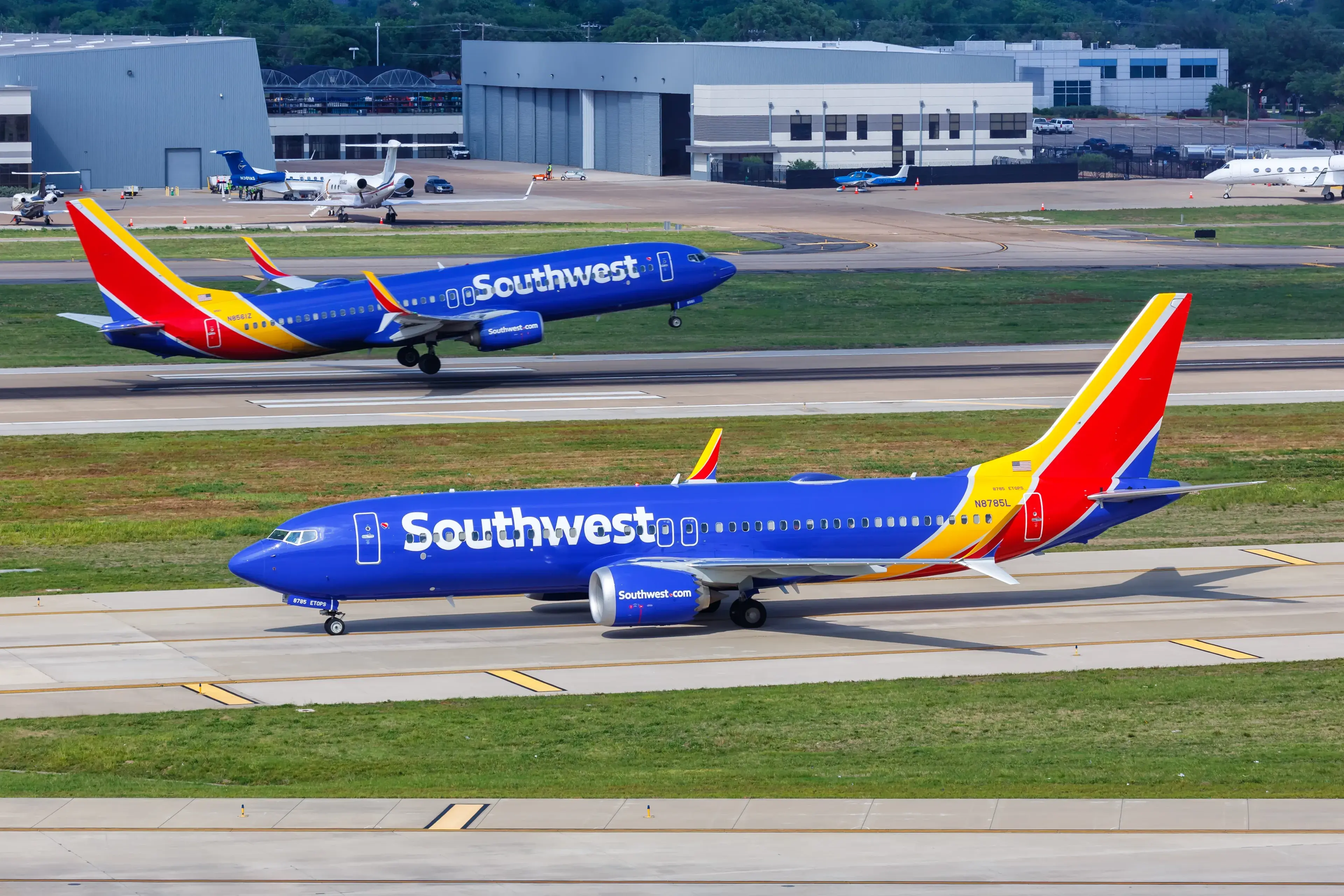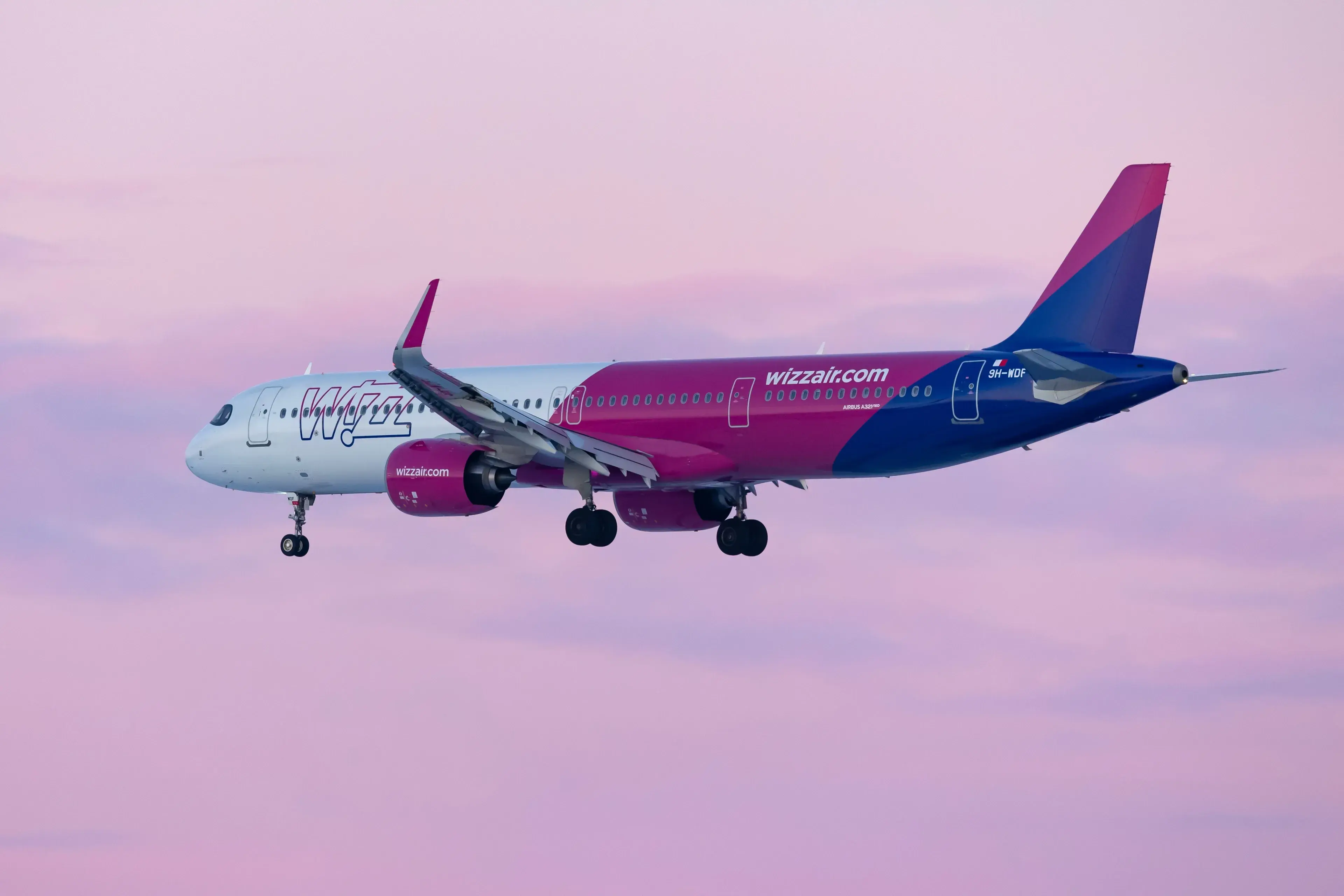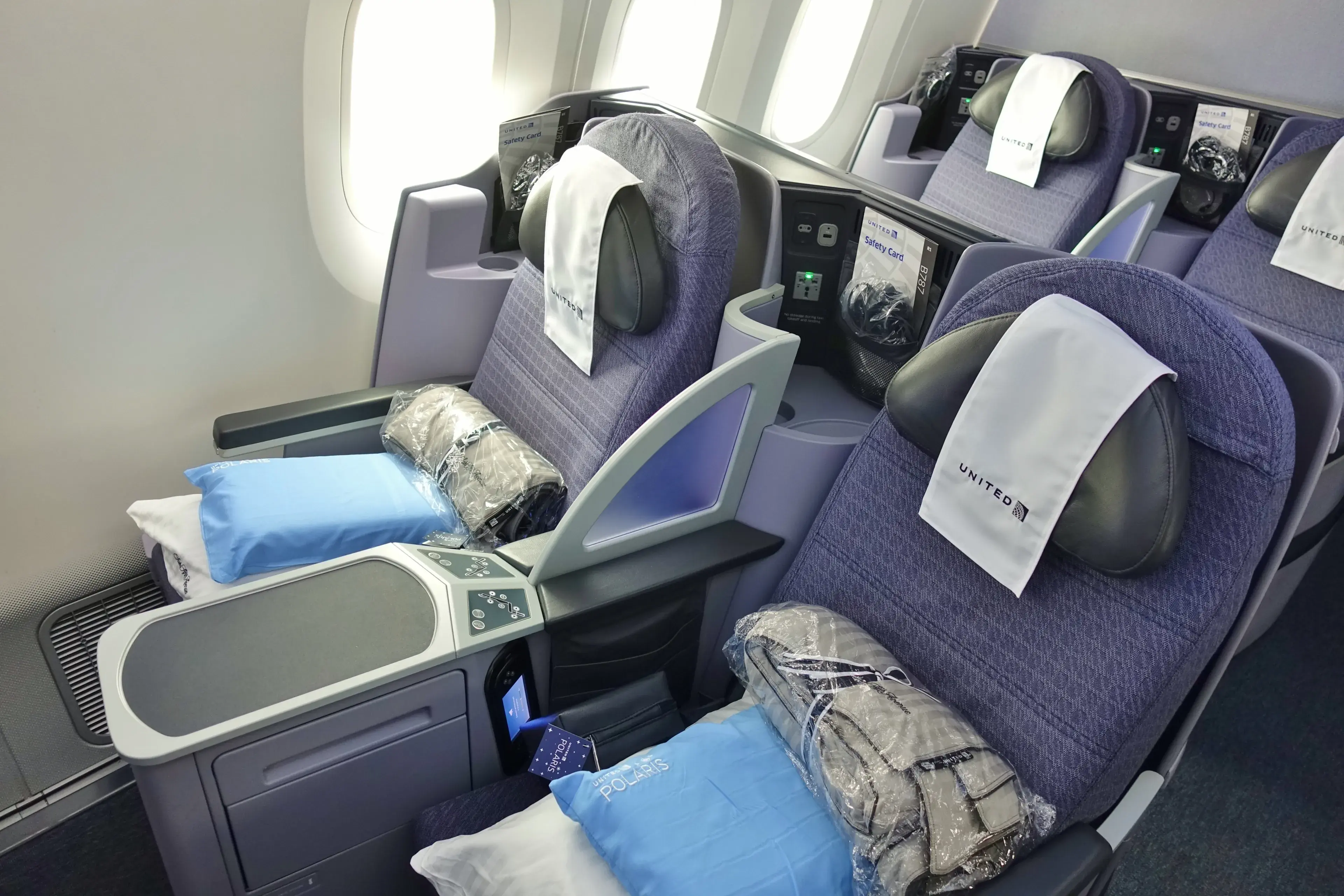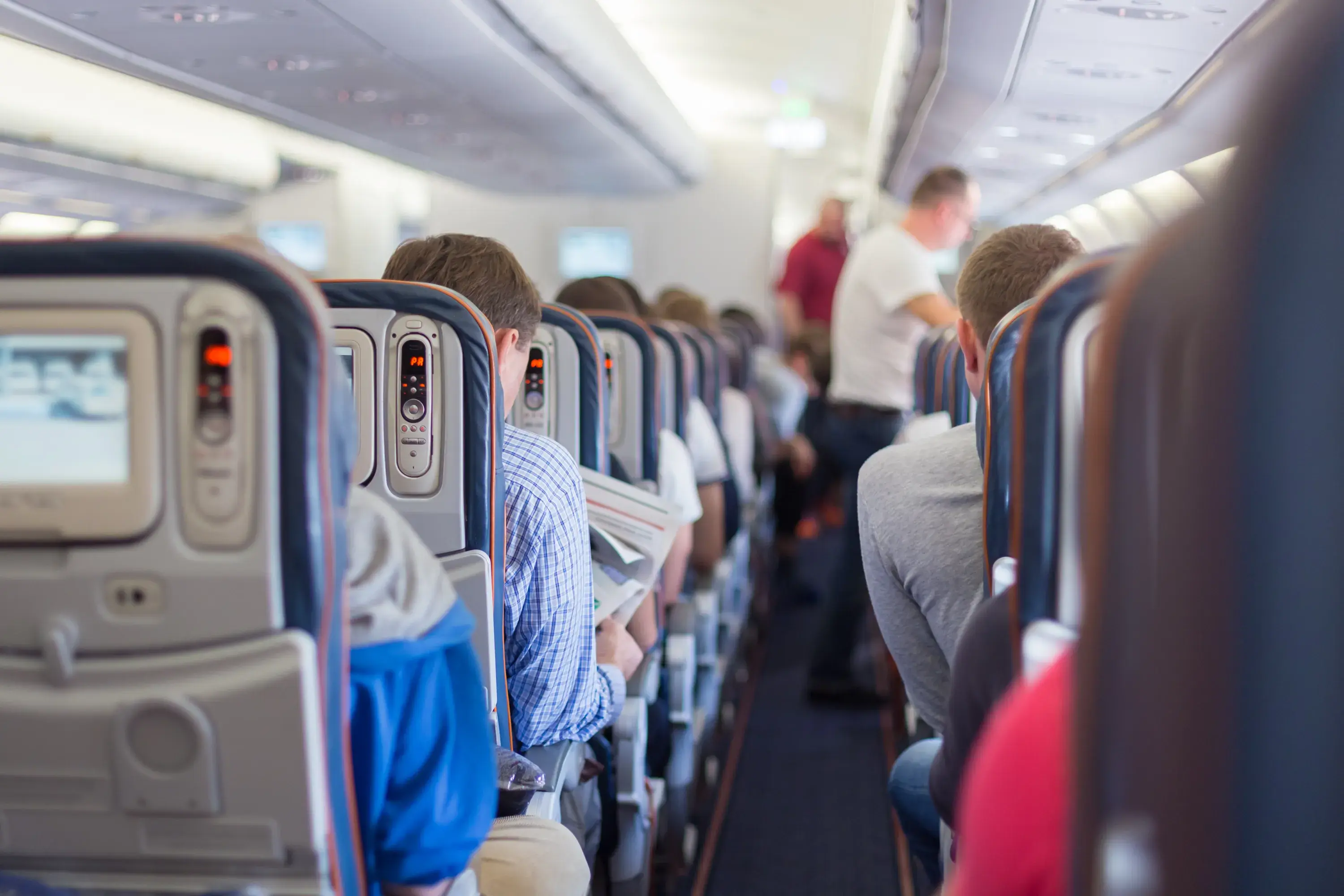
Gender-Segregated Seating: Empowering Women or Discriminating Against Men?
In a groundbreaking move that has sparked both praise and controversy, Indian low-cost airline IndiGo has announced a new policy allowing female passengers to choose not to sit next to men on their flights. Set to launch in August 2024, this initiative marks a first in the global aviation industry, raising questions about passenger safety, gender equality, and potential discrimination.
The new policy, born from an IndiGo survey asking women what would make their travel experience more comfortable, will enable female passengers to view a seating chart during online check-in. Seats occupied by other women will be marked in pink, allowing them to select seats accordingly. Men, however, will not have access to this gender-based seating information.
Proponents of the policy argue that it addresses legitimate safety concerns for women travelers. In India, where gender-based violence remains a pressing issue, many women welcome the option to choose their seating companions. Some point to similar practices already in place on Indian trains and buses, where women-only carriages have long been a feature.
One Reddit user commented, "There's an automated system for this in Indian railways which has been rather helpful, keeping me around women whenever I am travelling." Another shared a personal experience, highlighting the discomfort of being seated between two men in close proximity.
However, the policy has also faced criticism, with some viewing it as a form of discrimination against male passengers. Critics argue that such measures reinforce harmful stereotypes and fail to address the root causes of gender-based violence and harassment.
The debate extends beyond India's borders, raising questions about how airlines should balance passenger comfort with principles of equality and non-discrimination. Some worry that this policy could set a precedent for other forms of segregation based on various demographic factors.
As the aviation industry grapples with these complex issues, IndiGo's initiative prompts a broader discussion about gender dynamics in public spaces. While the airline frames the policy as empowering women with choice, others see it as a step backward in the fight for gender equality.
The policy also raises practical questions about implementation. How will the airline handle situations where there aren't enough female passengers to accommodate all requests? Will this lead to longer boarding times or more complex seat assignment processes?
As IndiGo prepares to roll out this new feature across its network of 2,000 daily domestic and international flights, the aviation world watches closely. The success or failure of this policy could influence future decisions by other airlines and shape the broader conversation about gender, safety, and equality in travel.
Ultimately, the debate surrounding IndiGo's gender-based seating policy reflects the ongoing challenges in balancing safety concerns with principles of equality and non-discrimination. As society continues to grapple with these issues, the aviation industry finds itself at the forefront of a complex and sensitive discussion that extends far beyond the confines of an airplane cabin.

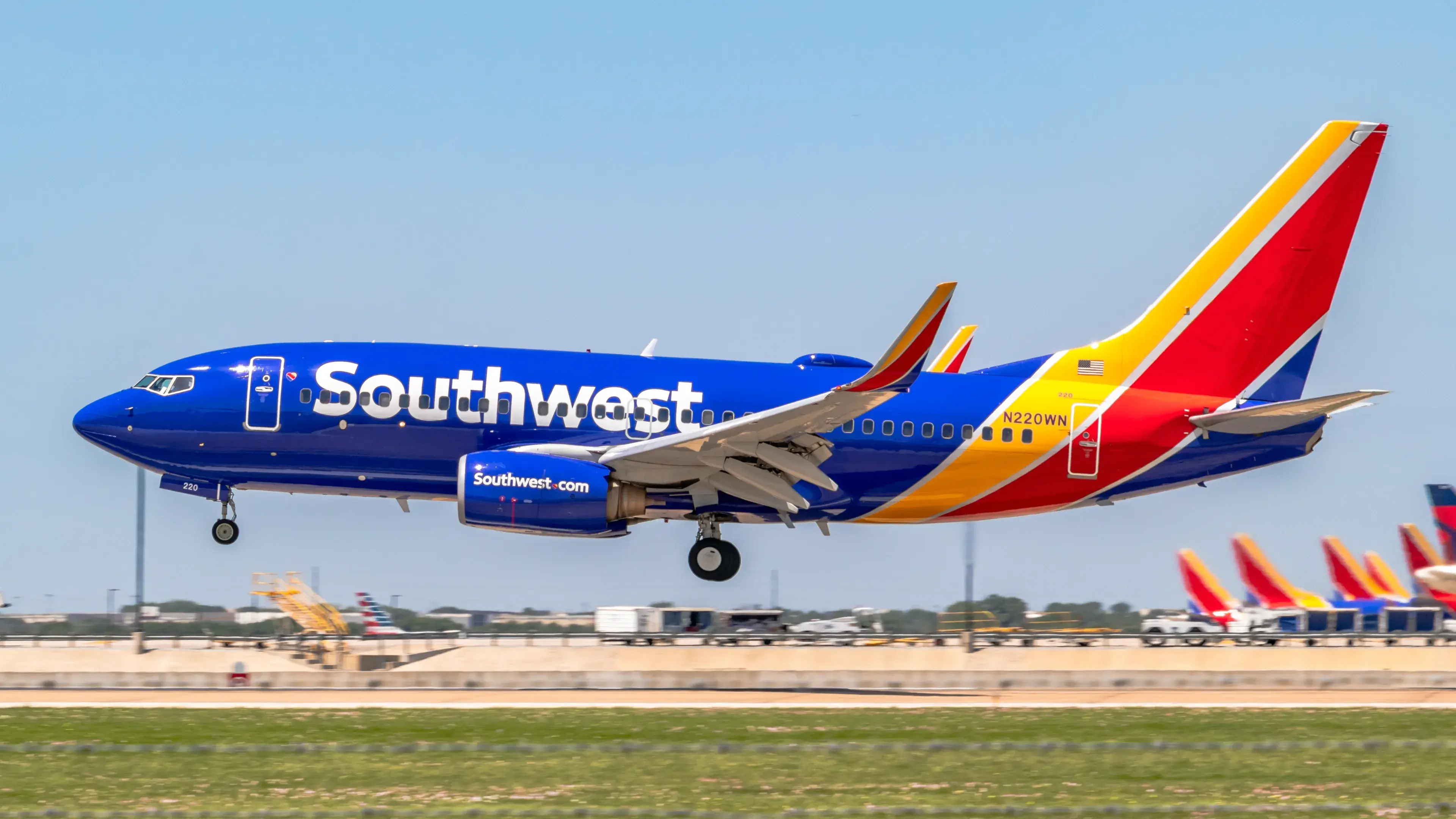
Airline News
Southwest Airlines Revolutionizes Boarding: Farewell to Iconic Open Seating Policy
July 26, 2024
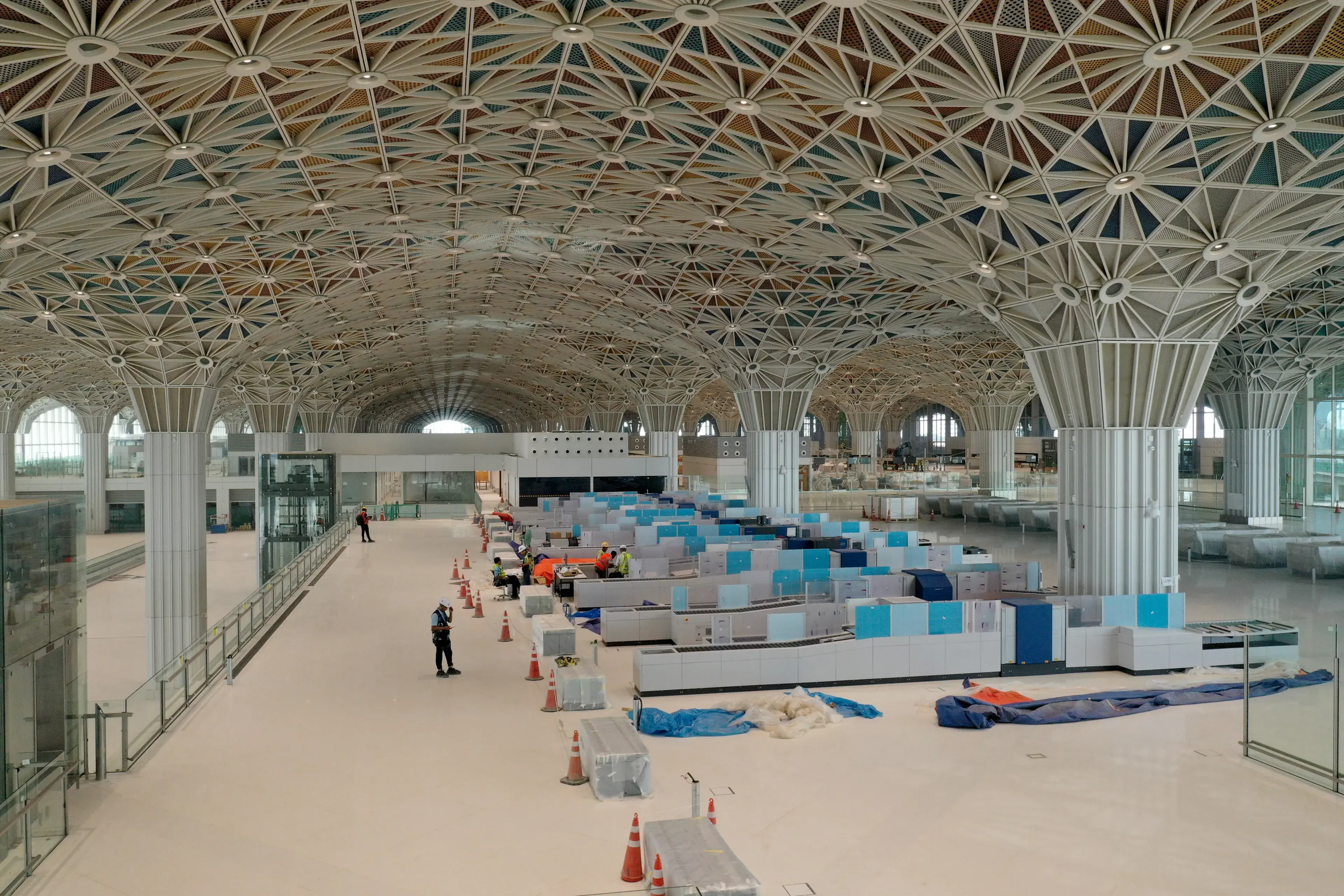
Airline News
The U.S. State Department Issues Travel Warning for Bangladesh Amid Political Turmoil
August 6, 2024

Airline News
Global Alarm: Nine Nations Warn Citizens as UK Plunges into Far-Right Chaos
August 9, 2024
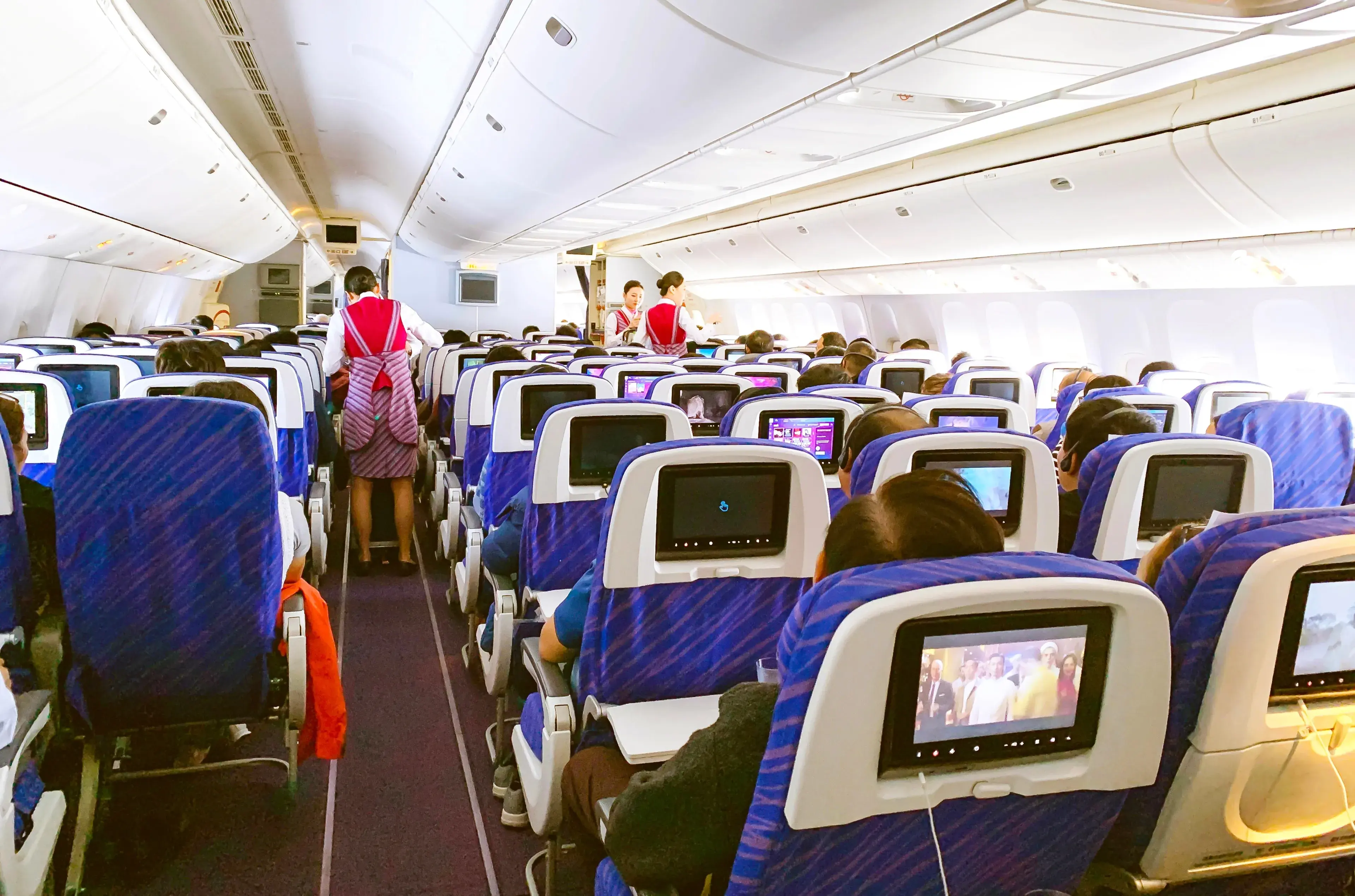
Airline News
China's Skyward Surge: 700 Million Flights in 2024?! The Shocking Truth Behind Asia's Travel Boom
August 14, 2024
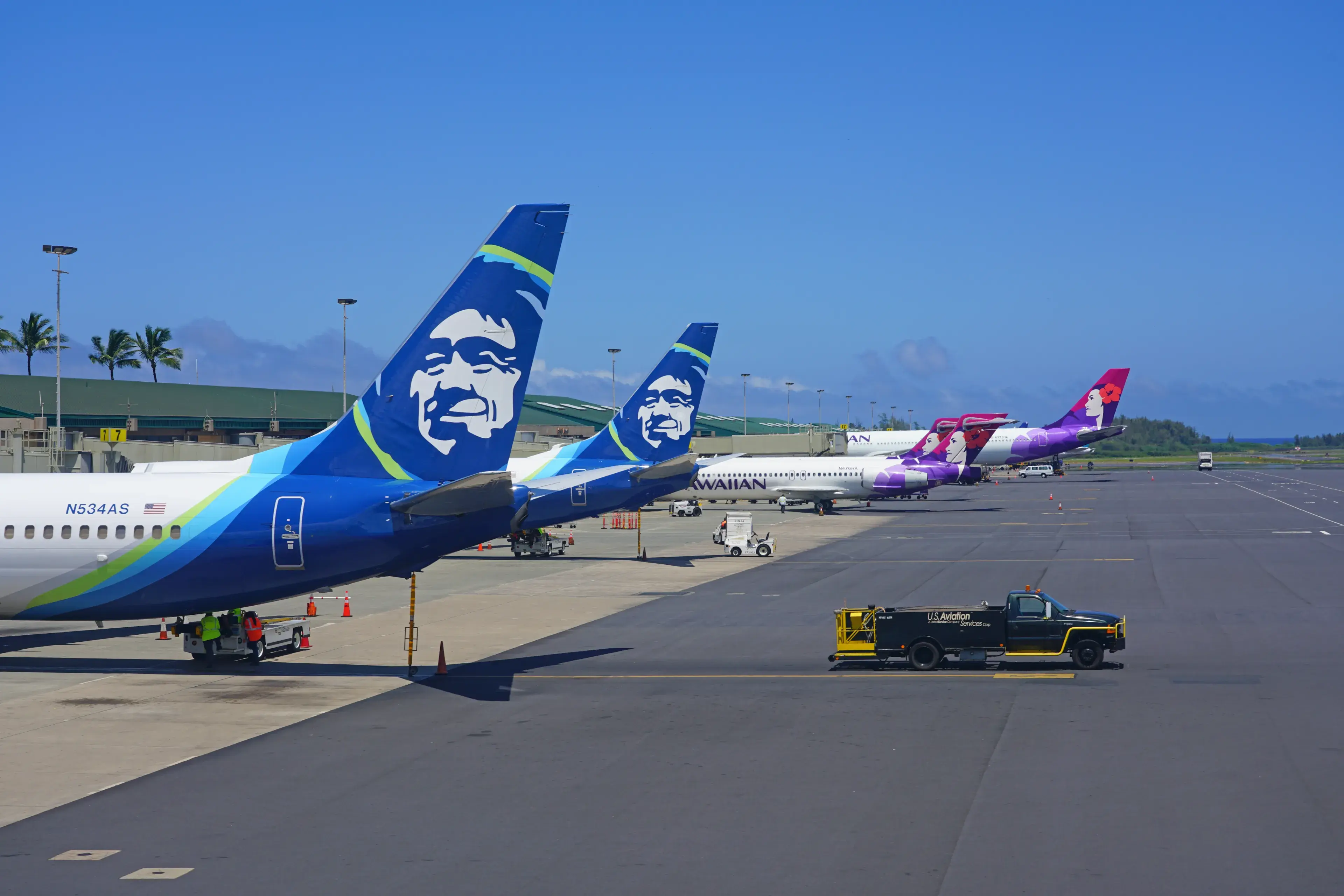
Airline News
Aloha Meets the Last Frontier: Alaska Airlines' Acquisition of Hawaiian Airlines Promises a New Era for Pacific Travel
September 18, 2024

